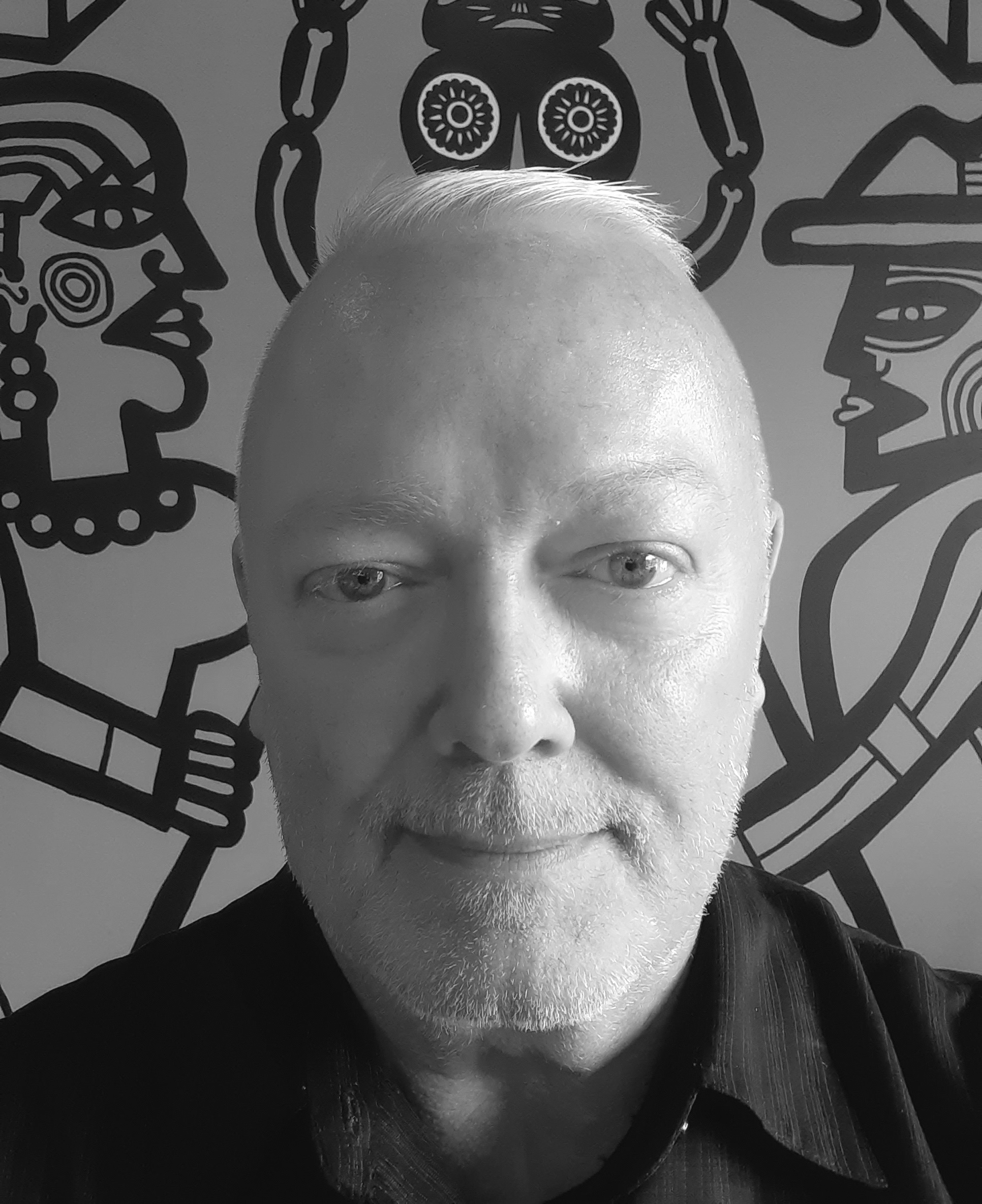Why Is Addiction So Hard to Overcome?
In a perfect world, someone drinking too much would just stop. But of course, the reality is that for most people who are prone to addiction, cutting down on alcohol is not that easy. Why is addiction so hard to overcome?
In this article, we’ll look at three videos from Stephen James, founder and executive director of Sage Hill Counseling, author of six books, and creator and CEO of The Leadership Lab. (To round out his profile, he also serves as Assistant Coach for Mental Performance for the Nashville Soccer Club.)
What Is Addiction?
As a counselor, James offers a technical definition of addiction: “The pathological relationship with a mood-altering substance or behavior, that in spite of negative consequences, I keep doing.”
Or as he puts it, more simply, “There’s this thing that I don’t want to do, and I don’t know why I keep doing it—no matter how hard I try to stop.” Whether with alcohol or other drugs, food, gambling, sex, smartphones, workaholism, or codependency, James adds, “We argue that everybody is an addict.”
Much of this begins in childhood, when people begin denying parts of themselves to cope, to get along with other family members. However, denial of one’s own experiences can be exhausting over time. People deal with this denial in different ways. Some of these solutions may be relatively harmless. But other coping mechanisms are harmful, and can eventually be fatal.
You can’t think your way out of addiction. It’s not a thinking problem, or a morality problem. It’s physiological, it’s psychological, it’s emotional, it’s spiritual.
Why You Can’t Think Your Way Out of Addiction
In the earliest of these videos, James notes that addiction is “deeply rooted in the limbic brain, in every facet of the human body.” He adds, “You can’t think your way out of addiction. It’s not a thinking problem, or a morality problem. It’s physiological, it’s psychological, it’s emotional, it’s spiritual.” That’s why addictions are so hard to overcome. For most of us, they are portfolios of interlocking influences.
These comments are borne out by others. Modern medicine recognizes the biological and chemical origins of addiction.
Our brains are made to say ‘yes’ to things that bring us security—it doesn’t care what that thing is. If it moves us from terror and humiliation to a sense of security, our limbic brain says yes.
Can Addiction Be a Source of Meaning?
James notes that addiction is difficult to treat because it touches on multiple factors mentioned above—psychological, neurological, physiological, emotional, and spiritual. All of these need to be addressed at the same time. “Our brains are made to say ‘yes’ to things that bring us security—it doesn’t care what that thing is. If it moves us from terror and humiliation to a sense of security, our limbic brain says yes.”
“As human beings, we are the only creatures who can think about what we’re thinking about. With every addict there’s a story of this addiction trying to make my life meaningful.”
With every addict there’s a story of this addiction trying to make my life meaningful.
What’s the Solution?
At Ria, we recognize that addiction—though due to intertwined factors that James describes—is primarily a physiological phenomenon, based in chemistry and biology. Solving the problem of addiction means acknowledging its origins. It also means recognizing that each person is different, and deals with addictive behavior in a different way.
Along with monitoring and counseling, we use medications such as naltrexone, for a holistic, evidence-based approach that helps people control their drinking. And the good news is that for most people—over 75%—the method works.
At the end of the first video, James concludes that humans are the best when they are four years old, and how that age may show the best of ourselves. “We’re pure, we’re honest, we’re brave.” He observes that four-year-olds acknowledge feelings, and recover from problems quickly.
Sometimes, during recovery from alcohol use disorder, dealing honestly with these feelings is new to people—the first time they have grappled with genuine emotions in years. He sees getting in touch with these as a gift. And as James optimistically adds, “No one’s ever died from feelings.”
(More videos from Stephen James are on our YouTube channel.)
Will insurance cover treatment? Verify Coverage
Have Questions? Call (800) 504-5360



